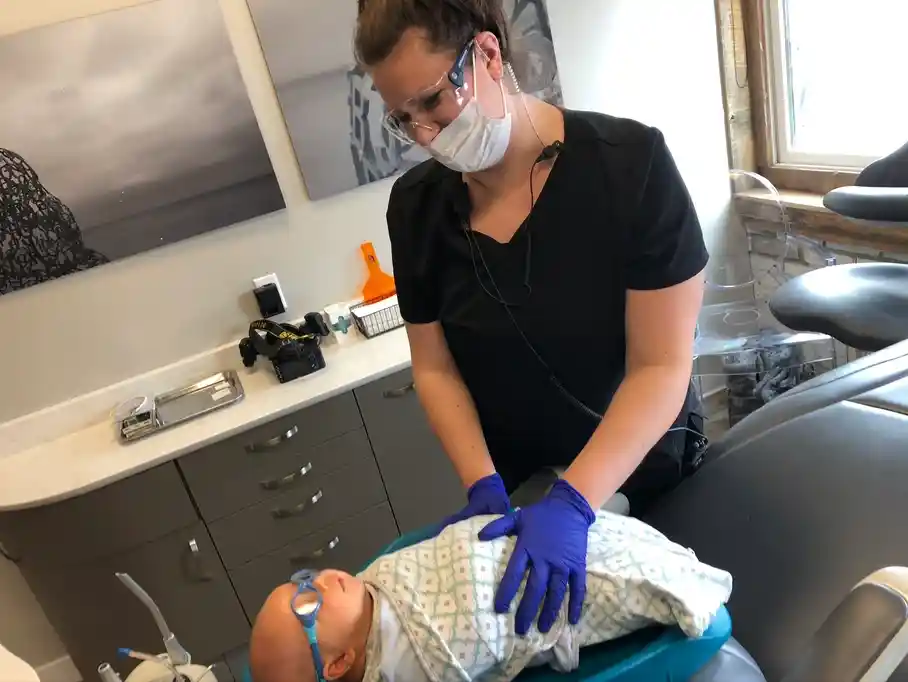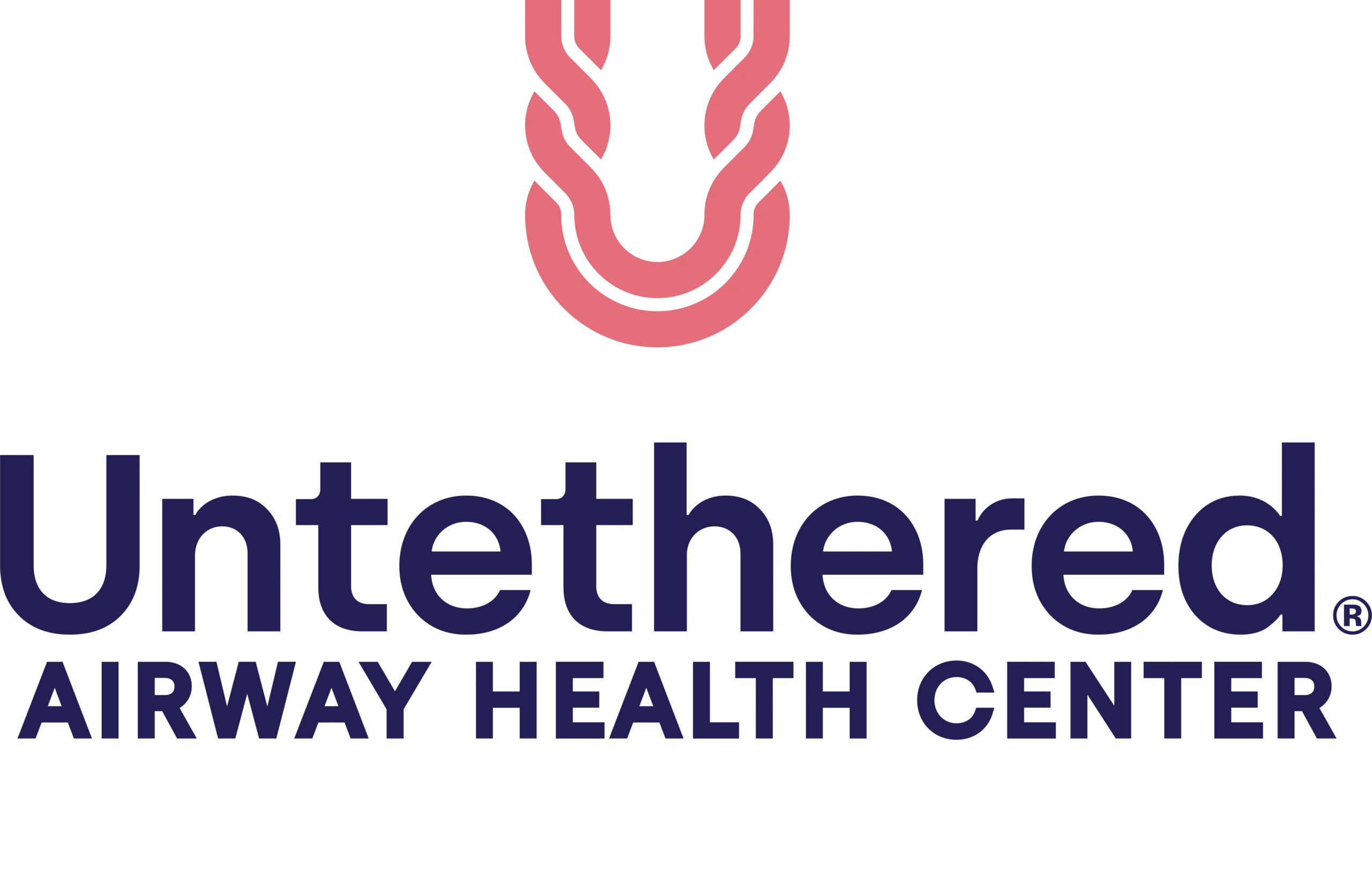Nothing on this earth is more peaceful than a sleeping child. Even though their body is at rest, a child’s mind is at work. Sleep is vital to the growth and development of every child. When that sleep is disrupted by things such as snoring or gasping throughout the night, it can leave your little one in a world of trouble. Noticing your child breathe through their mouth when they have the snuffles is completely normal. However, when they maintain that habit of mouth breathing on a regular basis, it could have some effects on their overall health and development. Here’s everything you need to know about mouth breathing and your child.
What is mouth breathing?
Mouth breathing is a habit that is developed when you primarily breathe through your mouth rather than your nose. We naturally breathe through our mouths in short spurts, such as when we have a stuffy nose or when we are exercising. However, when we continue the habit of mouth breathing even while at rest, we are considered long-term mouth breathing. Mouth breathing most often starts at a young age, and it can unfortunately become a hard habit to break. Over time, mouth breathing over time can cause major sleep disorders and also affect the shape and structure of the face.
How should your child breathe?
Babies are born breathing exclusively through their noses. Most aren’t able to breathe through their mouths until 3-4 months. After that time, mouth breathing is a possibility, but isn’t great for the body. Nasal breathing, on the other hand, provides many benefits over mouth breathing, including:
- Filters bacteria and allergens so your child can breathe in cleaner oxygen
- Produces more production of nitric oxide to open your child’s airways
- Improves sleep
- Reduces risk for sore throats
- Prevents dry mouth
Your child’s breathing should be quiet, silent, and easy. Their lips should be sealed, their tongue should be up in the roof of the mouth, and they should be breathing through the nose.
It’s a good idea to be on the lookout for symptoms and signs of mouth breathing in your child so that you can get help as soon as possible.
How can I tell if my child is mouth breathing?
When your child is sleeping, if you see their mouth stay open, hear them gasping for air, or even hear snoring throughout the night (snoring isn’t normal), it’s a big sign that the tongue’s position is incorrect and that they’re mouth breathing. Other signs include a dry mouth upon waking, frequent bad breath, drool on pillows, sleepiness, or even behavioral problems.
If you do think your child is mouth breathing, you should work with an airway specialist to discover the reason why.
Why is my child mouth breathing?
There are various reasons your child may be mouth breathing. In some cases, the mouth breathing may be short-lived, like a stuffy nose due to allergies or a cold. This type usually clears up on its own. Other instances of mouth breathing can be because of medical problems like a deviated nasal septum, tongue-tie, enlarged tonsils, sinus polyps or birth abnormalities. Lastly, some cases of mouth breathing are a result of environmental factors such as prolonged pacifier or bottle use, and improper oral rest posture. A thorough analysis of your child’s activities and health will help an airway specialist understand the underlying reason for their mouth breathing, and help find a solution as soon as possible.
What are the side effects of mouth breathing?
If left untreated, especially in children, persistent mouth breathing can lead to some major physical and mental development issues.
Continued mouth breathing can affect a child’s physical development in many ways, causing:
- Improper jaw development that presents a flattening of features, droopy eyes and narrowing of the jaw and chin
- Forward head posture
- Narrow dental arches
- Out-of-position jaw or TMJ issues
- Sleep apnea or sleep-disordered breathing
- Teeth clenching and grinding
Mental development interruptions can express itself as:
- Lack of sleep leading to lowered mental awareness
- ADHD development
What can I do if my child is mouth breathing?
Helping your child stop mouth breathing can be done in a number of ways. First, an airway assessment is the best way to determine the WHY. Then, a specialty treatment plan for your child will be discussed, and can include things such as myofunctional therapy, dental intervention, a tongue-tie release, guided growth appliances and more.
If you think your child is experiencing issues with mouth breathing, schedule a virtual consultation with us and we’ll help your child find rest and relief.
Need more information? Download our Parent’s Guide to a Healthy Child here.
Want to learn more about sleep and airway health? Check out our Ultimate Guide to Sleep-Related Breathing Disorders.






